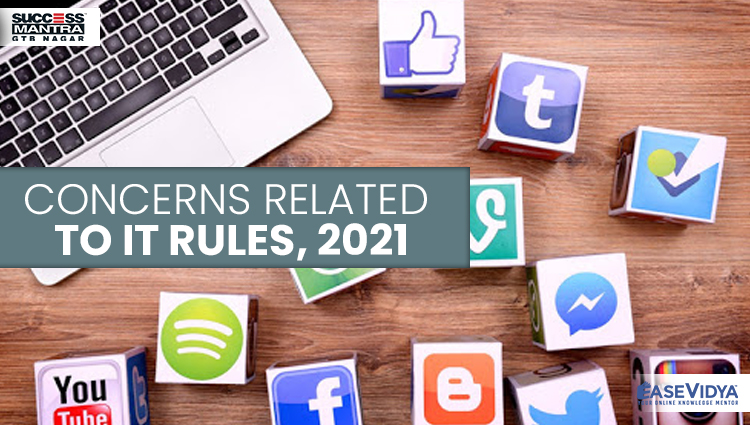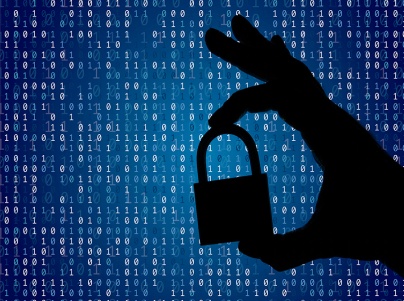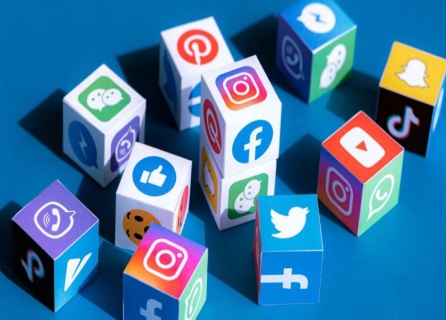
CONCERNS RELATED TO IT RULES 2021
CONCERNS RELATED TO IT RULES, 2021

The Government of India had framed the Information Technology (Guidelines for Intermediaries and Digital Media Ethics Code) Rules, 2021, in February this year. These rules require the social media intermediaries/ platforms to adhere to a vastly tighter set of rules within three months, which ended on May 25. Till now almost all major social media intermediaries have not adhered to all the requirements. But non-compliance can only make things worse, especially in a situation in which the relationship between some platforms such as Twitter and the Government seems to have broken down. While there are positive aspects about the said guidelines, there are, equally, glaring ambiguities and susceptibilities that appear to be in conflict with the basic tenets of democracy and constitutional values.
POSITIVES OF THE RULES:
The Rules must be credited for they mandate duties such as:
- Removal of non-consensual intimate pictures within 24 hours,
- Publication of compliance reports to increase transparency,
- Setting up a dispute resolution mechanism for content removal,
- Adding a label to information for users to know whether content is advertised, owned, sponsored or exclusively controlled.
ASSOCIATED ISSUES WITH THE RULES
Rules Ultra-vires to the IT Act: It is of significant concern that the purview of the IT Act, 2000, has been expanded to bring digital news media under its regulatory ambit without legislative action. There has been criticism about bringing in a plethora of new rules that ought to be normally triggered only via legislative action.
Depriving of Fair Recourse: An intermediary is now supposed to take down content within 36 hours upon receiving orders from the Government. This deprives the intermediary of a fair recourse in the event that it disagrees with the Government’s order due to a strict timeline.
Undermining Free Speech: The rules place fetters upon free speech by fixing the Government as the ultimate adjudicator of objectionable speech online.
Traceability Issue: Till now social media platforms have the immunity that users received from end-to-end encryption was that intermediaries did not have access to the contents of their messages. Imposing this mandatory requirement of traceability will break this immunity, thereby weakening the security of the privacy of these conversations. The threat here is not only one of privacy but to the extent of invasion and deprivation from a safe space.
Counterproductive in Absence of Data Privacy Law: It could prove counterproductive in a country where the citizens still do not have a data privacy law to guard themselves against excesses committed by any party.
DATA PROTECTION PROVISIONS IN INDIA

Recently, the Ministry of Electronics and IT (MeitY) has sent a notice to WhatsApp asking it to withdraw a controversial update to its privacy policy which might be a threat to Data Protection of Indians. According to WhatsApp’s updated privacy policy, users would no longer be able to stop the app from sharing data (such as location and number) with its parent Facebook unless they delete their accounts altogether. Its privacy updates are designed to make the business interactions that take place on its platform easier while also personalising ads on Facebook. That is how it will have to make its money. According to the Government, the messaging app discriminates against Indian users vis-à-vis users in Europe on the matter of a choice to opt-out of the new privacy policy. WhatsApp users in Europe can opt-out of the new privacy policy owing to the laws in the European Union (EU) called the General Data Protection Regulation (GDPR), which shield them from sharing data from Facebook or grant them the power to say no to WhatsApp’s new terms of service.
LAWS FOR DATA PROTECTION IN INDIA

Information Technology Act, 2000: It provides for safeguard against certain breaches in relation to data from computer systems. It contains provisions to prevent the unauthorized use of computers, computer systems and data stored therein.
Personal Data Protection Bill 2019: The Supreme Court maintained the right to privacy as a fundamental right in the landmark decision of K.S. Puttaswamy v. Union of India 2017 after which the Union government had appointed Justice B.N. Srikrishna Committee for proposing skeletal legislation in the discipline of data protection. The Committee came up with its report and draft legislation in the form of the Personal Data Protection Bill, 2018. In 2019, Parliament again revised the Bill and much deviation from the 2018 Bill was evident. The new Bill was named as Personal Data Protection Bill, 2019. The purpose of this Bill is to provide for protection of privacy of individuals relating to their Personal Data and to establish a Data Protection Authority of India for the said purposes and the matters concerning the personal data of an individual.
Concerns Related to Personal Data Protection Bill 2019: It is like a two-sided sword. While it protects the personal data of Indians by empowering them with data principal rights, on the other hand, it gives the central government with exemptions which are against the principles of processing personal data. The government can process even sensitive personal data when needed, without explicit permission from the data principals.
TEST YOURSELF
Q.1 Which of the following sections of the IT Act was recently struck down by SC finding it contrary to both Articles 19 and Article 21 of the Constitution?
- Section 55B
- Section 66A: ANSWER
- Section 62A
- None of the above
Q.2 Consider the following statements and state which of the following is/are incorrect in the reference to the above mentioned passage?
- The new IT rules obstructs the provisions of Article 19 which talks about freedom of speech and expression & Article 21 about Right to education (RTE).
- Significant social media intermediaries providing services primarily in the nature of messaging shall enable identification of the first originator of the information
- Only I follows
- Only II follows: ANSWER
- Both I & II are correct
- None is correct
Q.3 Which of the following can be included in Right to life under Article 21 of the Indian Constitution?
- Right of a person not to be subjected to bonded labour or to unfair conditions of labour.
- Right of a bonded labourer to rehabilitation after release.
- Right to privacy refers to the concept that one's personal information is protected from public scrutiny
- I, II and III follows: ANSWER
- I and II follows
- Only III follows
- None of the above
Q.4 Consider the following statements and state which of the incorrect in reference to the above passage?
- Intermediaries’ includes providers of telecom service, network service, Internet service and web hosting, besides search engines, online payment and auction sites, online marketplaces and cyber cafes.
- Intermediary is defined in Section 2(1) (w) of the IT Act, 2005: ANSWER
- Centre can ask any agency of the government, to block access to the public of any information generated on the ground mentioned in Section 69 of the IT Act.
- None of the above
Q.5 Which of the following statements is/are correct in the context of the OTT & digital platforms regulation in India?
- Legal Recognition to Digital Signatures, Regulation of Certification Authorities, Digital Certificates all are components of IT Act 2000.
- India's government has issued an order bringing the regulation of online news portals and content providers such as Netflix under the authority of the Ministry of Information and Broadcasting.
- There are altogether 6 schedules under the IT ACT 2000.
- I & III follows
- II & III follows
- I & II follows: ANSWER
- None of the above













dsaa
Great job on your blog post! The depth of knowledge you showcased on the subject was impressive, and I appreciated the way you addressed different perspectives. To delve deeper into this topic, <a href="https://28a08cl9x8qq1bt5trknqgmbw6.hop.clickbank.net" target="_blank">click here</a>.